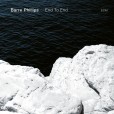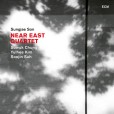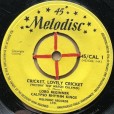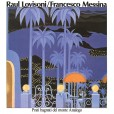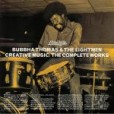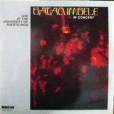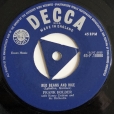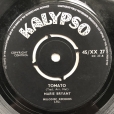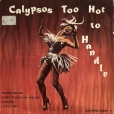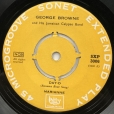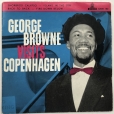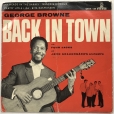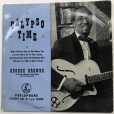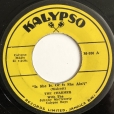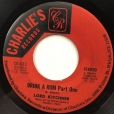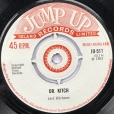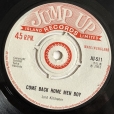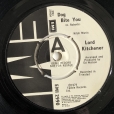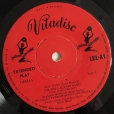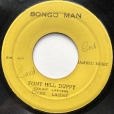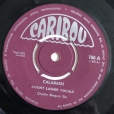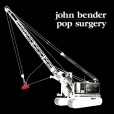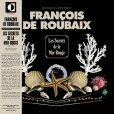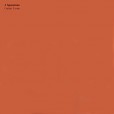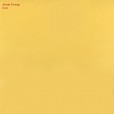Your basket is empty

‘The double bassist says this will be his last solo album, the final chapter of his Journal Violone. It is a beautiful and moving musical statement. All the qualities we associate with Barres playing are here in abundance: questing adventurousness, melodic invention, textural richness, developmental logic and deep soulfulness.’
Searching amalgamations of contemporary jazz, traditional Korean music and pure sound. Group founders saxophonist/clarinettist Sungjae Son and guitarist Suwuk Chung are joined by pansori singer Yulhee Kim and drummer Soojin Suh, in five originals and three traditional pieces.
VG. Felt-tipped cross-hairs.
A stupendous, exhilarating mix of Afro-Latino roots, out-jazz and rollicking dance rhythms by this top-notch twenty-piece, from 1988. Killer.
‘Twelve frenetic bursts of scrapyard detournement, meticulously stitched together with dubbed-out vocals and disjointed drum machines, at the limits of bedroom electronica and DIY. Originally released in 1982 on his own Record Sluts label, in a single run of five hundred copies. Recommended to fans of Suicide, 20 Jazz Funk Greats and early Cabaret Voltaire.’
The soundtrack to the French TV series adapting Henri de Monfreid’s account of his travels in the Middle East. The music for the first series in 1967 features various flutes and marine conches; for underwater settings a celesta or a crystal xylophone. For the later 1975 series, de Roubaix composed a new music score, mixing old and new sounds, his EMS VCS3 synthesizer subtly mixed with acoustic instruments.
‘J Spaceman recorded this strange record at his own Amazing Grace Studio in June 2005.
It’s hard to describe, but it contains elements of systems musics, with gamelan-like overtones. A perfect companion piece to the new Spiritualized LP.’
‘This second AG recording for Treader sees Charles Hayward passing the drumsticks to Rupert Clervaux. Together with Coxon’s simple and insistent guitar themes, the elegant drum-work underpins four extended group compositions, containing a surprising collision of sounds and influences, bringing together Pat Thomas from the Improv scene, Floating Points-collaborator Susumu Mukai, and Alexis Taylor’s mooger-foogered rhodes. Somehow it all crystallises perfectly. The clearest precedent for this engaging recording is Ege Bamyasi-era Can, but really it occupies a position all its own.’
